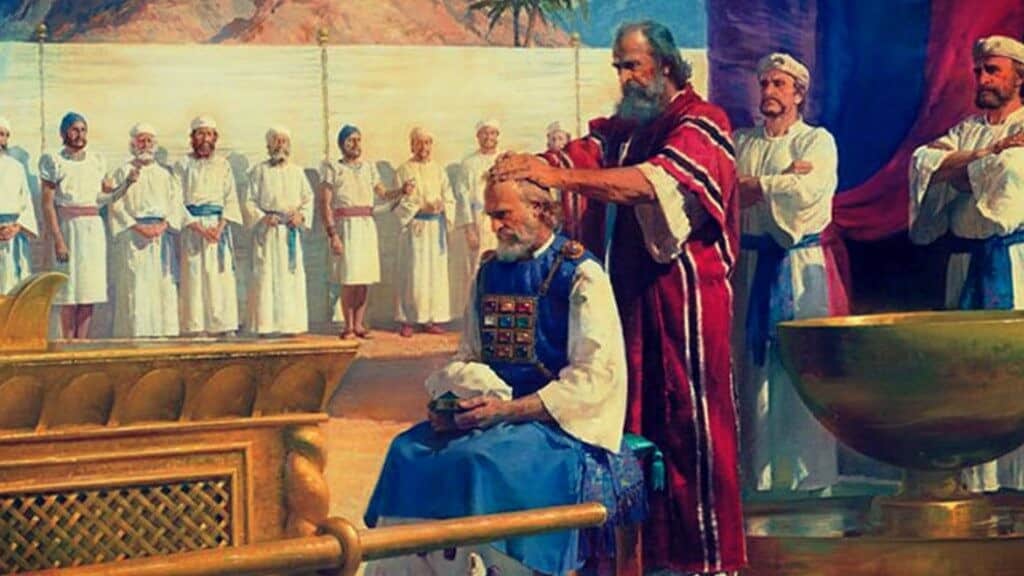A descendant of Levi, Aaron was the eldest of three children born to Amram and Jochabed. Miriam was the youngest, and Moses was the last born. Aaron is recognized as a prophet in both Hebrew texts and the Quran, where he is referred to as Harun.
Aaron: Moses’ Support in the Old Testament
Based on Hebrew records, Aaron was born in 1574 B.C. in Egypt and died on Mount Hor, just before the Israelites entered the Promised Land, at 123 years old.
Although divinely chosen to assist Moses due to his eloquence, Aaron failed to cross Mount Hor. He had endorsed the creation of the Golden Calf while Moses was on Mount Sinai.
The Book of Exodus emphasizes Aaron’s key role in liberating the Israelites from Egypt, acting as Moses’ spokesperson.
Moses voiced his insecurities to the Lord, saying, “Forgive me, Lord, I’ve never been a man of many words. I’ve always struggled to express myself, even since you first spoke to me.”
The Lord responded, “Who gave voice to man? Was it not I, the Lord? I will be with you and guide you in what you should say.”
Yet, Moses repeated his doubts, asking for someone else to be chosen. At this, the Lord’s annoyance was clear, and He said, “Is not Aaron, your brother the Levite, available? He speaks without difficulty. In fact, he’s on his way to you. When he sees you, he will rejoice. He will speak to the people on your behalf. He will be your voice, and you will be like a god to him. Also, take this staff with which you’ll perform wonders.”
Moses and Aaron: A Pivotal Meeting
The Lord directed Aaron to meet Moses in the desert. When they met on the sacred mountain, they embraced warmly.
Moses shared with Aaron the responsibility the Lord placed on them and the wonders they were to perform. Armed with this knowledge, they approached the Israelite leaders.
Aaron conveyed God’s message to the elders, and Moses performed miracles for the people. Witnessing these, the people’s faith grew stronger. Knowing the Lord had seen their suffering, they bowed deeply in reverence.
On the slopes of Mount Sinai, the Hebrews witnessed the delivery of the Ten Commandments. In this setting, Aaron, along with seventy Israelite leaders, climbed the mountain, getting the unique chance to see the Almighty.
Below them lay a sapphire blanket, mirroring the purity of a clear day’s sky.
Before Moses climbed the mountain’s peak, he trusted Aaron and Hur to address any disputes that might arise during his absence (Ex. 32, 21, 28).
Observing Moses’ prolonged absence, the crowd surrounded Aaron, demanding, “Make a god for us to lead the way, for we don’t know what’s become of Moses, our liberator from Egypt.”
Aaron replied, “Take the gold earrings from your families and bring them to me.” Without hesitation, the people did as asked and presented the gold to Aaron.
Skillfully, Aaron shaped the gold into a calf. Looking at it, they exclaimed, “Here’s your god, Israel, who freed you from Egypt.” Recognizing the people’s passion, Aaron built an altar before the statue and declared, “Tomorrow, we’ll celebrate in the Lord’s honor.”
At dawn, they made offerings and feasted. With full bellies, they indulged in festivities…





